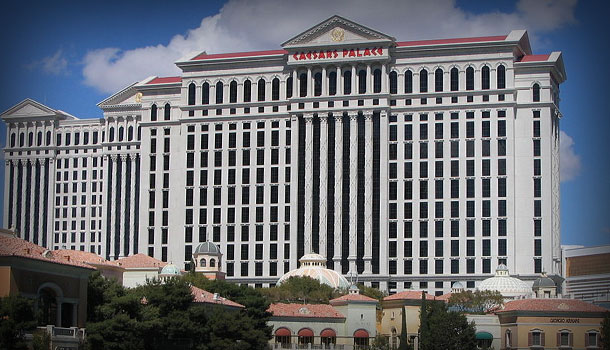
Earlier this week Howard Stutz of the Las Vegas Review-Journal ran a column indicating that Caesars Entertainment had sold four of its casino properties to one of its subsidiary companies, Caesars Growth Partners.
The move has many people wondering if the restructuring is Caesars way of preparing for a bankruptcy filing down the road or if it’s just creative accounting to keep the company afloat and far away from bankruptcy court.
While a bankruptcy filing, and even the talk of bankruptcy for a company with an estimated value of over $20 billion that is the owner of the most recognizable brand in poker, the World Series of Poker, may come as a shock to the average person—considering that if you live in the United States there is a good chance you are within driving distance of a Caesars property—for followers of the industry it has been a matter of “when” not “if” Caesars will undergo a restructuring with a possible Chapter 11 filing.
The sale
According to Howard Stutz, “Caesars Entertainment will transfer ownership of Bally’s Las Vegas, The Quad, the under-construction Cromwell, and Harrah’s New Orleans to Caesars Growth Partners for $2.2 billion.” Caesars Growth Partners will also take on over $400 million in debt and obligations.
The sale of the four properties saw Caesars stock prices dip slightly, $.39 a share, but shares are still selling at over $25 a piece.
Investors and analysts were skeptical that the sale would help either company in the long-run, and the move seems to be more of a short-term band aid by infusing Caesars Entertainment with some operating capital.
In the LVRJ article Moody’s felt the sale “is likely the first in a series of steps to address (the company’s) unsustainable capital structure.”
Needless to say the company’s financial sheets don’t exactly instill many people with confidence that Caesars can dig itself out if its hole.
Don’t misunderstand what a Chapter 11 filing would mean
A lot of people hear the world bankruptcy and immediately think of seized property, auctions, and shuttered doors. But don’t think that Caesars and its properties are just going to be auctioned off if the company files for Chapter 11 bankruptcy protection. Chapter 11 allows the business to continue operating, under court supervision, while it restructures its debts.
While I’m definitely not an expert in bankruptcy law, my understanding of the situation is that by selling the four properties to their subsidiary, Caesars has effectively removed these properties from any restructuring by the court—which could force Caesars to liquidate certain assets to meet its debt obligations.
Caesars problems are their own doing
Caesars is a very fitting name for a gaming company whose empire stretches far and wide, and while I don’t expect the company’s downfall to come at the hands of an insurrection during the Ides of March as befell the historical Caesar, their end may be caused by the same failings that brought about the decline of the Roman Empire, namely being spread too thin.
When gaming was booming, Caesars / Harrah’s was very active in acquiring properties in the run-up to the financial meltdown, and just before the economy took a turn for the worse the company went private. So yes, external factors (the economic collapse of 2008) exacerbated Caesars problems, but the company’s business plan shoulders the brunt of the blame.
With the numerous purchases and takeovers of rivals, the company may hold some $20-something billion in assets, but Caesars has also racked up an unbelievable $20-something billion of debt, and now owns a number of properties worth a fraction of what Caesars paid for them prior to the real estate bubble bursting.
Caesars future
While they are in a tough spot at the moment, it would be extremely premature to write Caesars off. Here is why:
- Caesars is the only casino operating a relevant online gambling site in both Nevada and New Jersey, and the company has been at the forefront of the online gaming industry.
- Caesars is also the most prominent company in Atlantic City gambling, owning four of the 11 casinos in the city, and owning the now-closed Atlantic Club property.
- Caesars is also the only major casino corporation with properties in multiple states from Iowa, to Mississippi, to Missouri, to Louisiana, to Ohio. Having a presence in so many states should make Caesars path to interstate online gambling much easier than their competitors.
Basically, Caesars is primed to be a leader in the online gambling market in the US, and if that’s where the company sees the future of industry (which is an arguable point) than they have positioned themselves perfectly.

